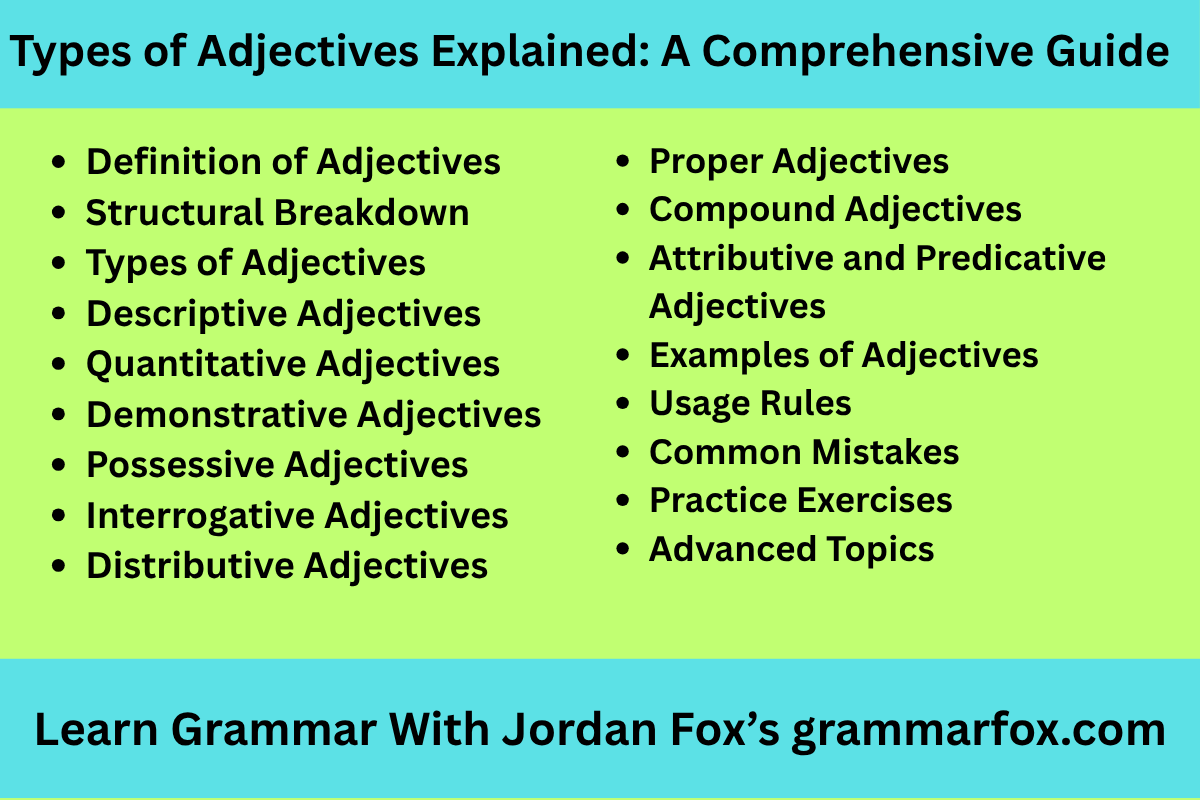Mastering Regular Verbs: Definition, Examples, and Usage
Regular verbs are the backbone of English verb conjugation, providing a consistent and predictable way to form past tense and past participle forms. Understanding regular verbs is crucial for building a strong foundation in English grammar. This article offers a comprehensive guide to regular verbs, covering their definition, structure, usage, common mistakes, and providing ample … Read more

